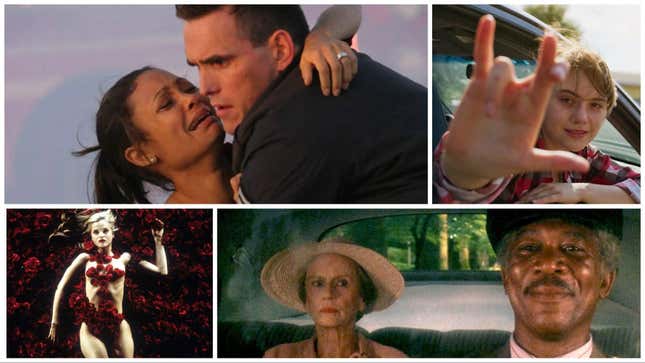
Whenever you repeat something 94 times, you’re bound to mess it up at least once or twice. Or 15 times. Enter the Academy of Motion Picture Arts and Sciences, which has been doling out Best Picture Oscars since 1929 (the first winner being the eminently deserving World War I flyboy drama Wings). Since then, the Academy’s Best Picture winners have been a sometimes-inspiring, sometimes-baffling lot often chosen out of nostalgia (The Artist), merit (The Godfather, Part II), or routine (almost 50 musicals have been nominated for the big prize; 10 have won).
In at least a couple of dozen instances, it’s easy to wonder what the hell the Academy was thinking. But, in fairness, it’s instructive to consider the time period, the available moviemaking technology, the mood of the voting body, and the quality of the films in a given year. That said, some of their Best Picture choices were questionable then and they’re questionable now. So with an eye towards creating an alternate history where only great and timeless films win Best Picture, below is a ranking of the 15 worst Best Picture Oscar winners—and the films that should have won instead.